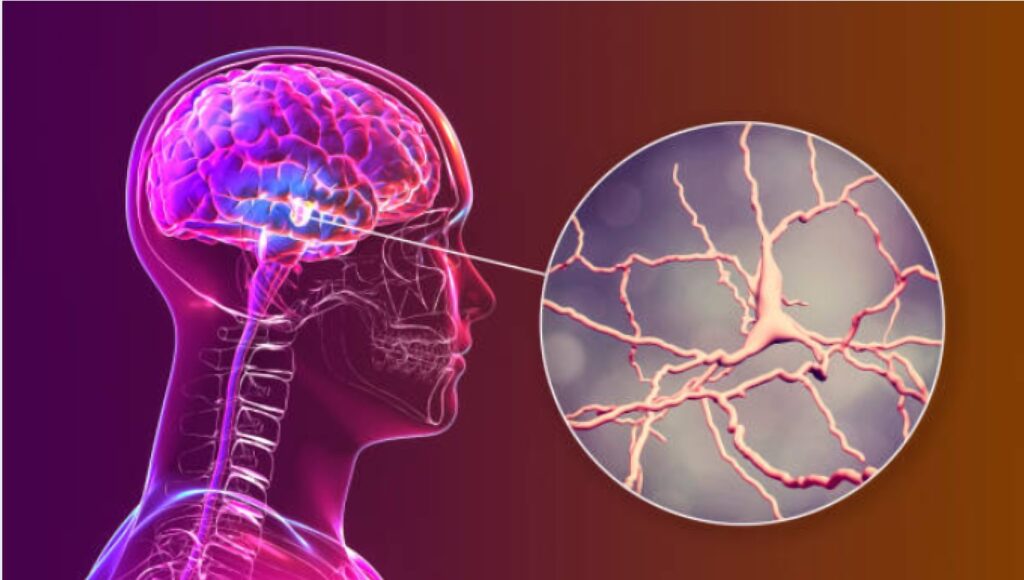- Web
- Feb 15, 2026
New research finds breakthrough in Parkinson’s disease treatment
-

- Web Desk
- Jul 09, 2024

BIRMINGHAM: Researchers at the University of Alabama at Birmingham (UAB) have made a significant breakthrough in treating Parkinson’s disease by targeting the Activin A protein.
The study was published in the Journal of Neuroscience. It explores a new approach to preventing dyskinesia, a troubling side effect of long-term L-DOPA therapy.
Read more: University researchers achieve record-breaking internet speed
The lead author of the research Dr David Figge explained their approach: “Instead of looking for a completely new treatment, we wanted to find ways to stop dyskinesia from starting in the first place. If we can prevent dyskinesia, patients could potentially use L-DOPA for longer.”
Parkinson’s disease is caused by the loss of dopamine-producing neurons in the brain. L-DOPA helps manage symptoms by boosting dopamine levels. While effective initially, prolonged L-DOPA use can lead to dyskinesia, marked by involuntary movements like twitching or fidgeting.
The study found that with each dose of L-DOPA, the brain seemed to form a memory of the motor response, which was recalled with subsequent treatments. Assistant professor at UAB Dr Karen Jaunarajs elaborated: “It’s like the brain creates a memory of how it responds to L-DOPA, even after treatment stops temporarily.”
To explore this further, researchers focused on the striatum, a brain region vital for motor control. They discovered changes in a specific type of neurons, called D1-MSNs, similar to those involved in forming memories in the hippocampus.
“Our research showed that some D1-MSNs were activating genes in response to L-DOPA and forming new connections with other neurons,” noted Dr. Figge. “This process resembles how the brain learns and recalls behaviors.”
Key to their findings was Activin A, a protein produced by these active D1-MSNs. By blocking Activin A in mouse models of Parkinson’s disease, researchers prevented dyskinesia symptoms from developing.
“By blocking Activin A, we halted dyskinesia in our mouse models. This disrupted the brain’s ability to remember the motor response associated with L-DOPA,” emphasized Dr. Jaunarajs.
These findings could have profound implications for Parkinson’s patients. If further research confirms these results in humans, it could lead to new ways to manage the disease effectively. Preventing dyskinesia might allow patients to benefit from L-DOPA treatment for longer periods without the side effects that currently limit its use.
The study received support from organisations including the Parkinson’s Association of Alabama, the American Parkinson Disease Association, and the United States Department of Defense.
Read more: Pakistani honoured for sustainable battery research in Sweden
Dr Figge, Dr Jaunarajs, and their team at UAB are hopeful about the impact of their research. By viewing dyskinesia as a type of memory in the brain, they have opened new possibilities for treating Parkinson’s disease.
Future studies will aim to build on these findings and translate them into practical treatments that benefit patients worldwide.




